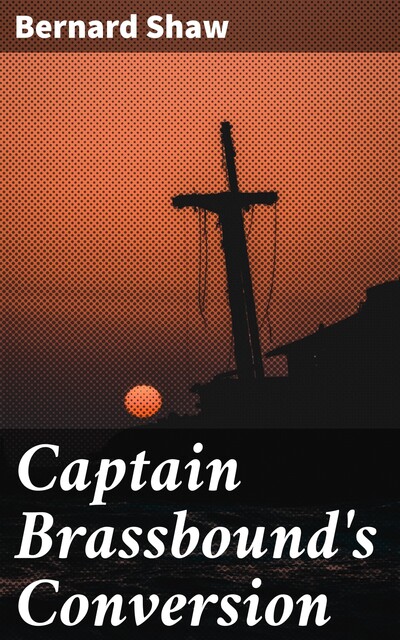We use cookies to improve the Bookmate website experience and our recommendations.
To learn more, please read our Cookie Policy.
To learn more, please read our Cookie Policy.
Accept All Cookies
Cookie Settings
Something went wrong. Try again.
In “Captain Brassbound's Conversion,” Bernard Shaw explores themes of morality, imperialism, and personal transformation through the lens of a compelling narrative filled with sharp wit and philosophical discourse. Set against the backdrop of a Moroccan coastal village, the play juxtaposes the values of Victorian respectability with the rebellious spirit of its protagonist, Captain Brassbound. Shaw employs a clever dialogue-driven style, inviting audiences to engage with the characters' ideologies while questioning societal norms. This work is positioned within the broader context of Shaw's oeuvre, which often grapples with the tension between individual desires and the constraints of social expectations. Bernard Shaw, a leading figure in the intellectual landscape of the early 20th century, was known for his incisive commentary on social issues and his ability to fuse entertainment with deeper existential inquiries. Influenced by his own experiences in a rapidly changing world that saw the decline of the Victorian era, Shaw was drawn to writing plays that challenged conventional morality. His keen interest in political and philosophical ideas, coupled with his theatrical innovations, informed the rich character development and thematic depth evident in “Captain Brassbound's Conversion.” This captivating play is recommended for both seasoned Shaw enthusiasts and new readers alike, as it encapsulates the essence of his thought-provoking style and enduring relevance. Readers will find themselves immersed in a world that challenges preconceived notions about duty and belief, making it a timely exploration of the nature of change and conviction.
more
104 printed pages
- Copyright owner
- Bookwire
- Original publication
- 2021
- Publication year
- 2021
- Publisher
- Good Press
Have you already read it? How did you like it?
👍👎
fb2epub
Drag & drop your files
(not more than 5 at once)


